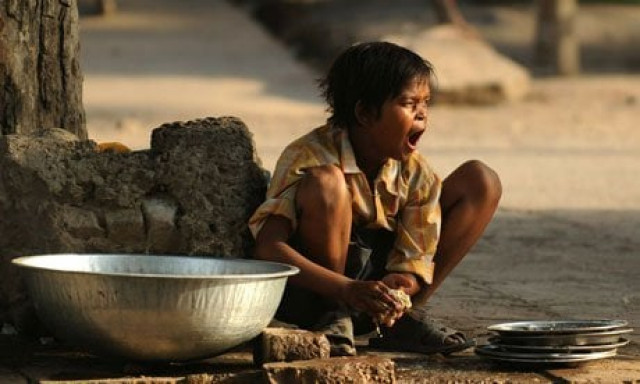Sindh child labour law
Hiring child labour is an old-time practice in the country, numbering in the millions

Hiring child labour is an old-time practice in the country, numbering in the millions. PHOTO: FILE

The major reason for child labour, according to the International Labour Organisation, is poverty and both federal and provincial governments need to manage it better. However, there is another imperative aspect: education. In the outline of the new law, absolute child labour is being defined as any person below the age of 14 receiving compensation for work. Children between the ages of 14 and 18 are authorised to work for a maximum of three hours a day. While part time work is advantageous for teaching young adults about responsibility, it would have made more sense to align the new child labour law with the mandated compulsory education age of 16 years in Article 25-A of the Constitution of Pakistan, the right to free and compulsory education. However, as with many laws introduced here, Article 25-A never truly made it to the implementation stage, which is the all-important application of the law. Going forward, implementation of the Sindh Child Labour Law in tandem with implementation of free and compulsory education will aid greatly in keeping children off streets and protected from exploitation and forced labour by parents and employers.
Published in The Express Tribune, January 27th, 2017.
Like Opinion & Editorial on Facebook, follow @ETOpEd on Twitter to receive all updates on all our daily pieces.














COMMENTS
Comments are moderated and generally will be posted if they are on-topic and not abusive.
For more information, please see our Comments FAQ